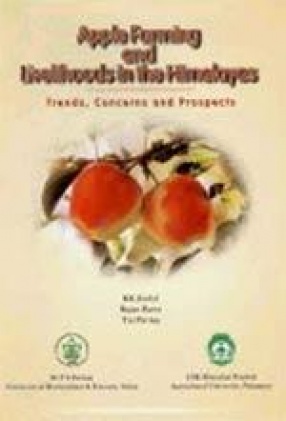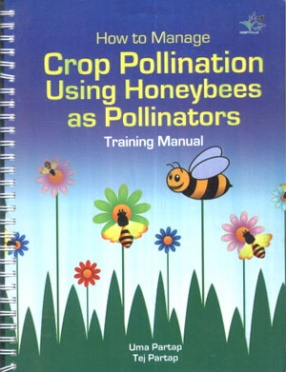Warning Signals From the Apple Valleys of the Hindu Kush-Himalayas
Synopsis
The great majority of people in the Hindu Kush-Himalayan (HKH) region depend upon agriculture as their main source of livelihood; most are mountain farmers with small farms covering less than two hectares of cultivated land. Thus the well-being of mountain people is to a great extent determined by the state of mountain agriculture; and the potential for economic improvement by the ability to grow crops for sale rather than consumption. Mountain agriculture in the HKH is slowly transforming from traditional farming of cereal crops to farming of high value cash crops. Cultivation of cash crops like temperate and sub-tropical fruits and vegetables is increasing in several pocket areas. The growing of cash crops on small plots of land has provided a certain measure of relief and income security to marginal and small mountain farmers and has helped alleviate poverty in some mountain areas. In recent years, however, this agricultural transformation has posed new challenges in terms of improving crop productivity and quality. The challenges include crop failure and reduced productivity resulting from inadequate pollination. As a part of its focus on improving the livelihoods of mountain people, ICIMOD is implementing a project on ‘Indigenous Honeybees of the Himalayas: A Community-based Approach to Conserving Biodiversity and Enhancing Farm Productivity’ supported by the Austrian Government through Austroproject. The main aim of this project is to promote sustainable management of Apis cerana and other indigenous honeybees by mountain communities as a way of increasing farm productivity whilst contributing to biodiversity conservation. Research on pollination issues in mountain crops is an important component of this beekeeping project. The main objective of the pollination programme is to address the problem of declining agricultural productivity resulting from pollination failure. The programme aims to raise awareness of the need to manage pollination, and in particular the value of using honeybees for pollination purposes. The regional case studies of pollination problems and farmers’ management approaches described in this book are among the results of this work. Apples were selected as an example because they are the main cash crop in several areas of the region, and because pollination failure was identified as an emerging problem in previous work. The studies were carried out in India, China, Bhutan, Nepal, and Pakistan, thus providing a detailed view of the commonalities and differences across the region. The advantages of using bees for pollination, and the appropriate approach and steps needed to introduce pollination management through bees in the different areas, is summarised in detail. The publication is intended to raise awareness among agricultural planners, policy makers, and researchers about the pollination problems faced by mountain farmers, as well as suggesting strategies for change. It highlights the role of government institutions in apple pollination management and the need to strengthen their capacities and their programmes to help apple farmers.
Read more
32.30
29.07
$
34.00 $
Free delivery Wolrdwidе in 10-18 days
Ships in 2-4 days from New Delhi
Membership for 1 Year $35.00
Get it now and save 10%
Get it now and save 10%
BECOME A MEMBER











Bibliographic information
Tags